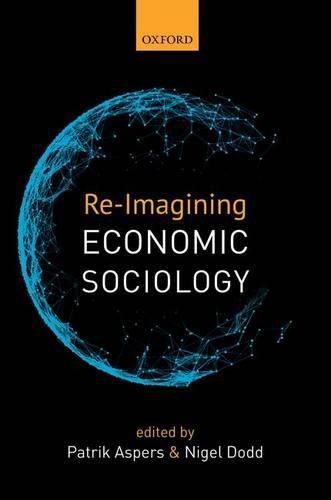Readings Newsletter
Become a Readings Member to make your shopping experience even easier.
Sign in or sign up for free!
You’re not far away from qualifying for FREE standard shipping within Australia
You’ve qualified for FREE standard shipping within Australia
The cart is loading…






The purpose of this book is to explore new developments in the field of economic sociology. It contains cutting-edge theoretical discussions by some of the world’s leading economic sociologists, with chapters on topics such as the economic convention, relational sociology, economic identity, economy and law, economic networks and institutions.The book is distinctive in a number of ways. First, it focuses on theoretical contributions, by pulling together and extending what the contributors believe to be the most important theoretical innovations within their own particular areas of the field. Second, there are contributions by leading economic sociologists from both the US and Europe, which gives the book both wider scope and appeal, while also creating the opportunity for some interesting dialogue between distinct theoretical traditions. The book will be of interest to researchers, Ph.D. students, and advanced students on both side of the Atlantic, and indispensible in advanced economic sociology courses.
$9.00 standard shipping within Australia
FREE standard shipping within Australia for orders over $100.00
Express & International shipping calculated at checkout
The purpose of this book is to explore new developments in the field of economic sociology. It contains cutting-edge theoretical discussions by some of the world’s leading economic sociologists, with chapters on topics such as the economic convention, relational sociology, economic identity, economy and law, economic networks and institutions.The book is distinctive in a number of ways. First, it focuses on theoretical contributions, by pulling together and extending what the contributors believe to be the most important theoretical innovations within their own particular areas of the field. Second, there are contributions by leading economic sociologists from both the US and Europe, which gives the book both wider scope and appeal, while also creating the opportunity for some interesting dialogue between distinct theoretical traditions. The book will be of interest to researchers, Ph.D. students, and advanced students on both side of the Atlantic, and indispensible in advanced economic sociology courses.